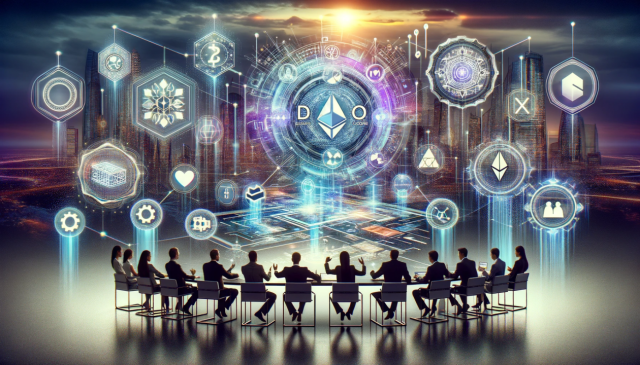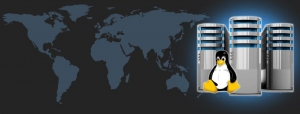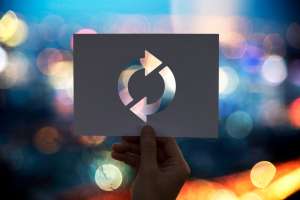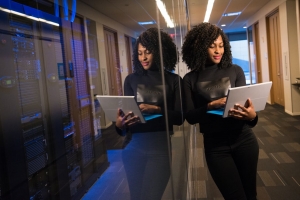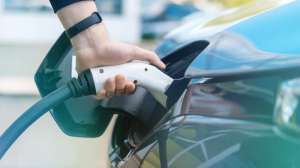Decentralized Autonomous Organizations (DAOs) are reshaping industries by offering decentralized governance, transparency, and collaborative decision-making. DAO development services are playing a pivotal role in creating and maintaining these innovative structures. In 2024, DAOs are evolving beyond their initial use cases, exploring innovative applications such as real-world asset tokenization and deeper integration with decentralized finance (DeFi). This article delves into the top DAO trends to watch, offering insights into their transformative potential.
Real-World Asset Tokenization
What Is Asset Tokenization?
Asset tokenization refers to the process of converting physical assets, such as real estate, art, or commodities, into digital tokens on the blockchain. These tokens represent ownership, enabling fractional ownership and increased liquidity for traditionally illiquid assets.
DAOs and Tokenized Assets
DAOs are playing a crucial role in the tokenization process. By leveraging blockchain technology, DAOs can manage, govern, and trade tokenized assets transparently. This democratizes access to investment opportunities, allowing a broader audience to participate in high-value markets.
Examples of Tokenized Asset Initiatives
- Real Estate DAOs: Platforms enabling collective ownership and governance of properties.
- Art Tokenization: DAOs facilitating shared ownership of high-value art pieces.
- Commodities: Tokenized gold or oil managed by decentralized entities.
Benefits and Challenges
Benefits
- Liquidity: Fractional ownership enhances market accessibility.
- Transparency: Blockchain's immutability ensures trust.
- Accessibility: Opens up investments to global participants.
Challenges
- Regulatory Hurdles: Compliance with varying global regulations.
- Valuation Disputes: Accurately pricing tokenized assets.
- Security Concerns: Mitigating risks of hacking and fraud.
Integration with Decentralized Finance (DeFi)
Synergy Between DAOs and DeFi
DeFi protocols and DAOs share foundational principles of decentralization and transparency. Their integration enhances functionality, particularly in financial services such as lending, borrowing, and staking.
Key Innovations
- DAO-Managed Liquidity Pools: Community-governed liquidity pools are optimizing yield farming strategies.
- Governance Token Staking: DAO tokens can be staked to earn rewards, driving participation.
- Cross-Chain Compatibility: DAOs integrating with multi-chain DeFi platforms to expand their ecosystem.
Advantages of DeFi Integration
Financial Inclusion
DeFi-DAO collaboration allows global users to access decentralized financial products without intermediaries.
Enhanced Governance
DAOs bring transparency and collective decision-making to DeFi projects, ensuring fair operations.
Obstacles in DeFi-DAO Integration
Security Risks
Vulnerabilities in smart contracts may lead to exploits.
Regulatory Concerns
Governments are scrutinizing DeFi operations, potentially impacting DAO activities.
Other Emerging DAO Trends
Improved Governance Mechanisms
Quadratic Voting
Innovative voting systems like quadratic voting are addressing governance imbalances, ensuring minority voices are heard.
AI-Driven Decision Making
Artificial intelligence is being employed to analyze proposals and recommend optimal governance decisions.
Cross-DAO Collaborations
DAOs are forming alliances to share resources, enhance scalability, and collaborate on large-scale projects.
Focus on User Experience
Improving accessibility through intuitive interfaces and simplified onboarding processes is key to mainstream adoption.
The Future of DAOs
Collaboration with Traditional Organizations
DAOs are increasingly working with traditional entities to combine decentralization's transparency with corporate expertise and resources.
Hybrid Models
Organizations are adopting hybrid models where DAOs manage specific aspects like governance while centralized teams handle compliance.
Emphasis on Sustainability
DAOs are exploring energy-efficient blockchain solutions to mitigate environmental impacts.
Conclusion
DAOs are driving innovation in governance, finance, and asset management. Trends like real-world asset tokenization and DeFi integration highlight their transformative potential. As challenges like regulatory compliance and security concerns are addressed, DAOs are poised to play a pivotal role in shaping decentralized economies. Partnering with a reputable DAO development company can further streamline the process of creating robust, scalable, and innovative DAOs for the future.
